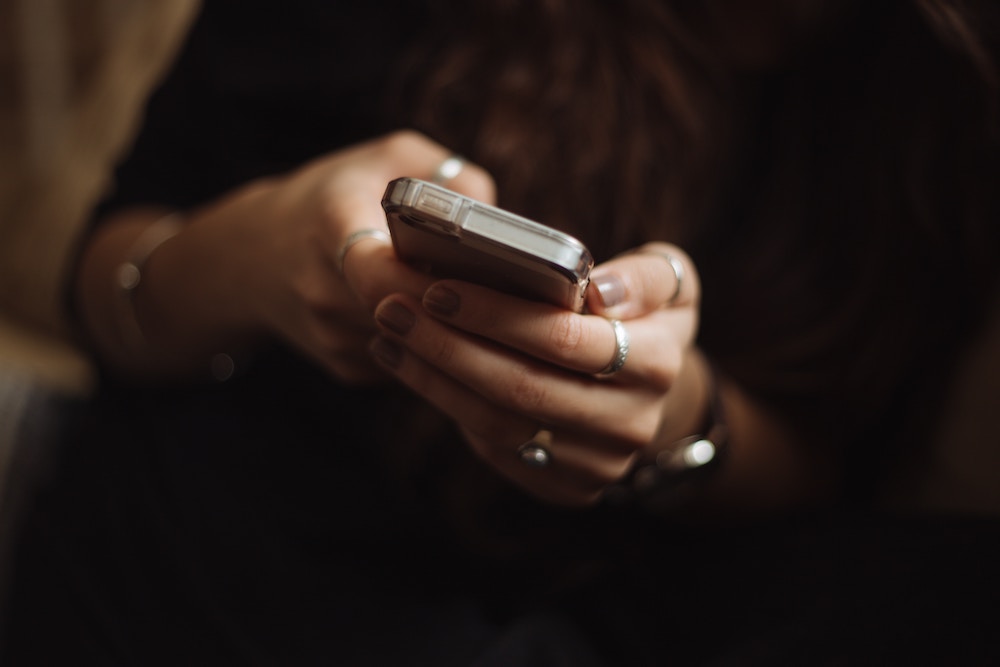
Social media gives round the clock updates on people’s lives. So what happens when someone posts something concerning?

Of the 360 people I have on Facebook, I’d only call 34 friends. That’s less than 10%. The remaining 90% is a club whose members I picked up on the way. Co-workers past and present, schoolmates, an old friend’s cousin, an ex-boyfriend’s nosey family friend, the list goes on.
I no longer know these people, and yet I am fed daily updates on their lives. So what happens when, amongst their landmarking announcements and cat photos, something more alarming comes up?
A few weeks ago, a scroll through my Facebook feed displayed a former classmate’s post. It was only 150 words long, yet it revealed how she felt hopeless, unloveable, depressed and alone. No further details, the final brutal sentence of that post was: “I think I’ll just give up.”
What was she trying to say? Was this a call for help? Enter vaguebooking, or subtweeting, they cover the same things.
The Urban Dictionary defines the former as “an intentionally vague Facebook status update, prompting friends to ask what’s going on”. They crop up on most people’s news feeds from time to time, but they aren’t confined to private accounts. December Happiful cover star, Louise Thompson, made national news when she tweeted: “You learn more about someone at the end of a relationship than at the beginning. FACT.”
Had she split from her long-term boyfriend, Ryan Libbey (no, she hadn’t), or did she just feel like sharing what was on her mind (probably, yes). Whatever the reasons behind it, this ambiguous tweet got people talking and, for the most part, concerned.

So why do people do it? To find out, I sent a very to-the-point tweet inviting people to talk me through the thought process. Diana Villegas, a PR manager living in Hamburg, Germany, reaches out to confess to me that she’s been guilty of vaguebooking in the past. For Diana, it was about letting o steam. “I’m looking for more productive ways to reach out to people and deal with my own frustrations,” she tells me. But what kind of response did she get at the time? “It depends on the content of the post, and the way it’s phrased. I’ve gotten some good conversations out of it that really helped me understand the situation.” And what about when she sees other people vaguebooking? “You can tell when people just do it for attention,” says Diana.
“Attention.” It’s a word that continues to sprout the more I talk to people. “Drives me insane. Say it or don’t post it!!” tweets Aby Moore, a UK based Mum-blogger. Aby has captured the mood of most of my replies.
But is it really just attention-seeking? Chloe Berryman, lead author of a recent study into the effects of social media on our mental health, believes there’s more to this social trend. While research concluded that social media did not lead to poor mental health, Berryman noticed a worrying trend in one specific online habit. “Vaguebooking was slightly predictive of suicidal ideation, suggesting this particular behaviour could be a warning sign for serious issues,” says Berryman. The study of 467 young adults suggested a correlation between vaguebooking and suicidal ideation, loneliness, social anxiety and decreased empathy.
So, if there’s evidence to show it may be a precursor for more serious mental illnesses, why is vaguebooking continuously branded as attention seeking? Simply put, as long as there has been mental illness, there has been stigma. Sometimes it tells people they’re “crazy”, “broken”, or “pathetic”. Other times “it’s all in your head”, “get over it”, “you’re just being attention seeking”.
But is “attention-seeking” such a bad thing? If they’re alone at 3am and going through a hard time, why shouldn’t they put out a post to get the attention of someone, anyone, who may be able to help, or lead them to help? Even the less serious cases, the “had a crap day at work”, “you’re really winding me up today”, and the ‘“I NEED to get away for a bit” posts serve a purpose: to get it off your chest.
Calling a friend, family member, or the Samaritans, amongst the many free helplines out there, could be more effective ways to deal with it. Vaguebooking is irrational. But mental illnesses make us do irrational things. When all’s said and done, it’s better to see the odd vaguebook post over retrospectively finding out that someone was suffering in silence.

Now, let’s head back to my old Facebook acquaintance. What did I do? I reached out. Saying sorry to hear she was feeling low, I sent some links to free helplines and information if she needed it. A few minutes later, she revealed all. It was over a guy she met at the pub last week. He had just blocked her phone number, but other than that, she was, “Fine, thank you.”
I’ll admit, I felt put out, even a bit embarrassed. Maybe I overreacted, or jumped the gun. But will it stop me from responding to future vaguebook posts? Probably not.

